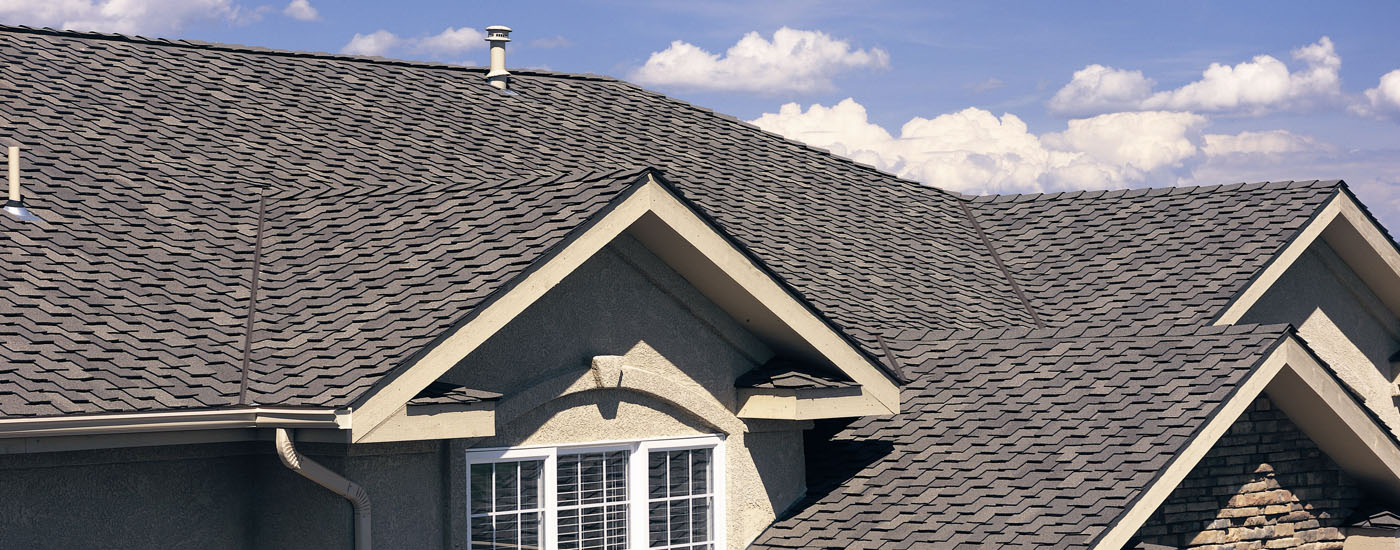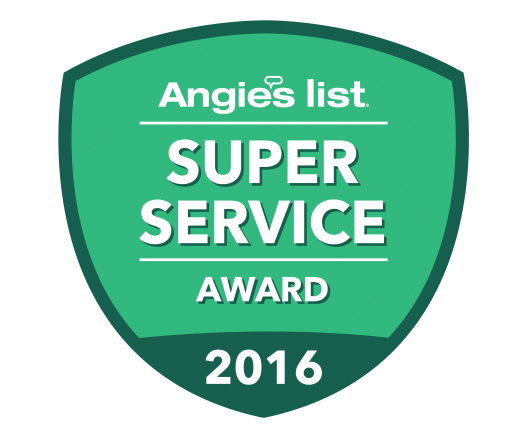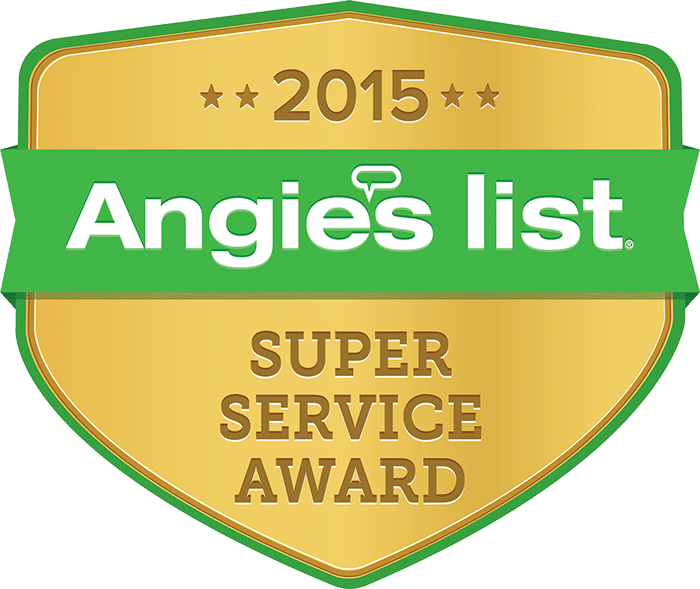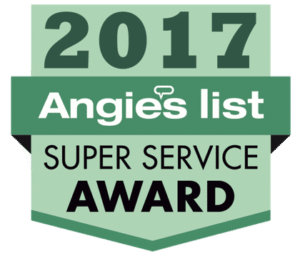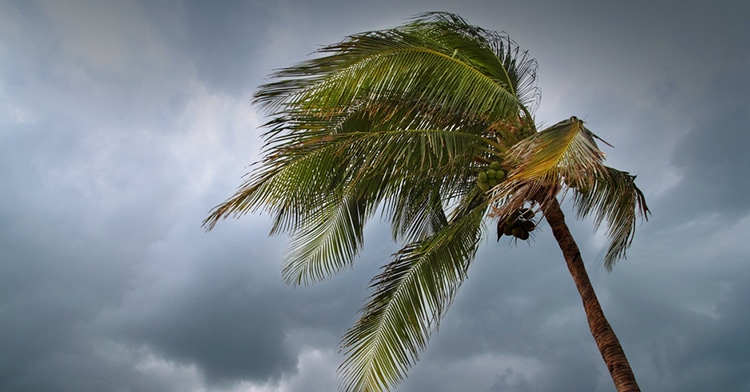
Florida Hurricanes
If you’ve lived in Florida long enough, then you know that hurricanes are the mother storm in comparison to all the storms we Floridians face. Hurricane season officially begins June 1st so I hope you have your hurricane survival plan laid out already! If you’re new to Florida it’s possible you’ve never experienced the devastation that hurricanes leave in their paths. Trust us, it can be brutal, even for inland cities like Orlando, Lakeland, Ocala, or Gainesville, FL.
Did you know, in Florida, that you can get a tax break on hurricane survival supplies if you purchased any of the items below (or view full list) between May 31st and June 8th?!
Hurricane Survival Supplies (And Tax Breaks)
- Any portable self-powered light source
- Battery-powered flashlights
- Battery-powered lanterns
- Gas-powered grills & lanterns (including propane, kerosene, lamp oil, or similar fuel)
- Tiki-type torches
- Candles
- Tarpaulins (tarps)
- Visqueen, plastic sheeting, plastic drop cloths, and other flexible waterproof sheeting
- Ground anchor systems
- Tie-down kits
- Bungee cords
- Ratchet straps
- Coolers (food-storage; nonelectrical)
- Ice chests (food-storage; nonelectrical)
- Self-contained first-aid kit
- Radios (self-powered or battery-powered)
McFall Residential Roofing was established after helping rebuild the communities of South Florida following the hurricane Andrew rampage. We know the importance of weather proofing your home and are qualified to perform the necessary UMVI wind mitigation inspections.
How to Prepare for a Hurricane
- One of the most important things you’ll need is water for you and your family. That means having enough clean food-grade storage containers to hold at-least one gallon of water per person per day. This water isn’t only for drinking and will be used for hygiene and sanitation purposes. Have a two-week supply on hand for each person.
- Collect as much food as you can. Purchase canned foods that don’t require milk or water. It would be smart to cook all of the raw meats that you have in your refrigerator and freeze them. These will actually help keep the other food in your cooler or freezer cold. And, now that the meats are cooked, you can take them out individually and have meals that do not require cooking.
- Ice for your coolers can be useful in preserving perishables. A good tip for making ice is to take as many gallon-sized freezer bags that you can and fill them with water and freeze them a few days before the storm hits.
- Regular household bleach for purifying water. You can add 1⁄8 teaspoon (or 8 drops) of regular, unscented, liquid household bleach for each gallon of water, stir it well and let it stand for 30 minutes before you use it.
- Another important thing to have handy is some trusty tools. Here’s a good list of handy survival tools:
- Hammer and nails
- Ax or hatchet
- Crowbar
- Screwdrivers
- Pliers
- A drill (consider battery-powered) with various bits and adapters
- Extra fasteners and bolts for shutters
- A knife
- Handsaw
- Rope
- If your staying home go ahead and fill up you bathtubs. The average bathtub holds enough water to last for an estimated three days. Many people use this water to help flush toilets by filing up a bucket and pouring it in the toilet tank.
- It’s good to have any electronics you value or other valuables in water-proof bags and stored somewhere high up. Some people actually put hooks in their ceiling to hang things from.
- Having car chargers for electronic devices can come in handy. You can invest in a small power inverter for your car that will allow you to plug in computers, radios, and many other devices. Remember to have your car on or you will drain you car battery quicker.

